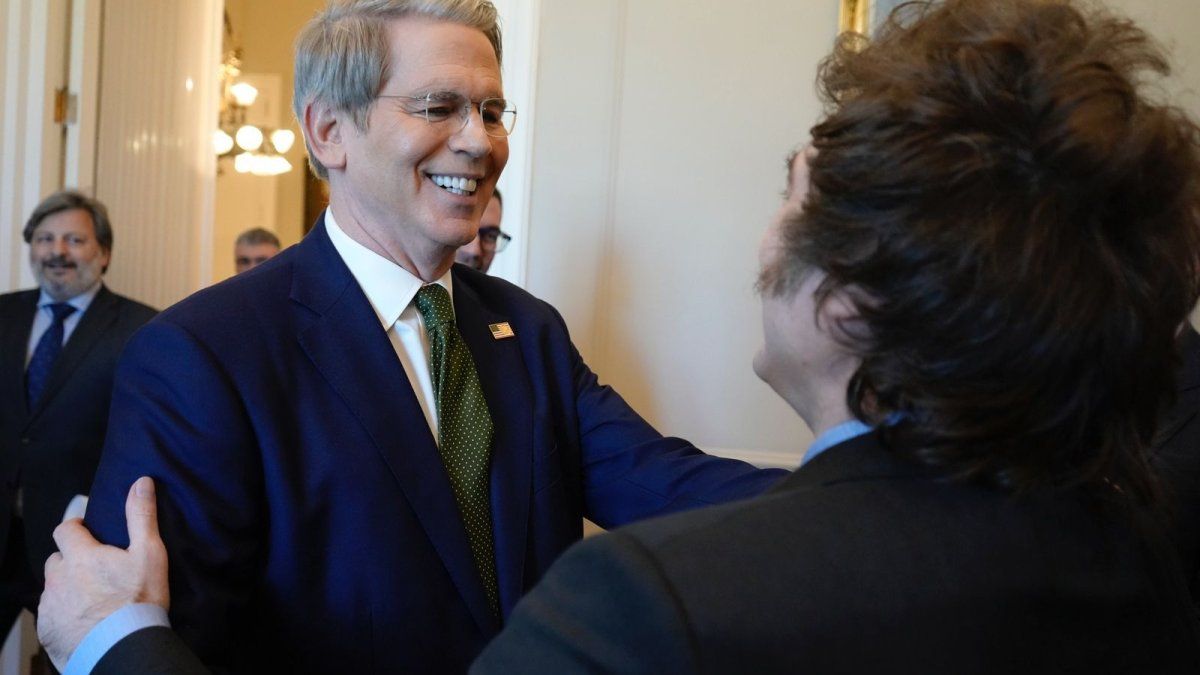British Prime Minister Sunak’s law on deportations to Rwanda clears the first hurdle. But the internal dispute over this is damaging the head of government. And experts doubt whether a plane will ever take off.
Sam Coates was astonished. But the experienced reporter from the TV channel Sky News quickly found clear words. British Prime Minister Rishi Sunak had just finished a press conference celebrating his success in voting on a new asylum law. Then Coates said, “What kind of completely bizarre event was that?”
It was said in London that Sunak had opened a new front out of the blue: the conservative head of government publicly called on the second chamber of parliament to also adopt the law on the deportation of irregular migrants to Rwanda as quickly as possible. The unelected House of Lords should not stand in the way of the decision of the elected House of Commons, said Sunak. But commentators doubt that the upper house, with its approximately 800 members – mostly appointed for life and not elected – will allow itself to be rushed. A BBC reporter calculated that the law could not be passed there until mid-March at the earliest.
Essentially, the government wants to immediately deport all migrants who come into the country without the necessary documents to Rwanda. The law is intended to ensure that no appeals are possible in court against the expulsions. That is why Rwanda is declared a safe third country with the stroke of a pen, even though the East African state is accused of human rights violations.
“Division in the party has been exposed”
Before the law was passed by the House of Commons late on Wednesday evening, Sunak had to overcome vocal opposition within his own party. Ultimately the revolt failed. But several Tory MPs made it clear that they did not believe the bill would be a success. “The division in the party has been laid bare,” said Lancaster University political scientist Mark Garnett.
The prime minister insists his party is united as the election year begins. The criticism is still great. According to Sky News, several Tories are said to have expressed their no confidence in the head of government. This is probably also due to the devastating survey results. Shortly after the vote in the House of Commons, the Times newspaper published a Yougov survey, according to which the opposition Labor Party had a lead of 27 points over the Tories – which, at just 20 percent, was the lowest figure since the chaos of Kurzzeit -Prime Minister Liz Truss arrive. An exact date for the election is not yet known, but it is expected to take place in the fall.
When do the planes leave – and do they leave at all?
The question of whether anyone will ever be deported to Rwanda is increasingly coming into focus. After Sunak had long mentioned spring as the date, he now gave no specific information. “I fight every day for planes to take off to Rwanda,” is all he said.
Experts are skeptical. Lawyer Adam Wagner said he did not believe that asylum seekers would be sent to Africa. The time until the general election is too short to get the law through the upper house and defend it against objections in court, probably also before the European Court of Human Rights (ECHR).
Migration researcher Peter Walsh also expects sharp criticism in the upper house. “The draft raises extensive constitutional questions,” said the expert from the University of Oxford, citing the separation of powers. According to the law, government decisions should always take precedence over judgments – “regardless of the facts,” as Walsh emphasized. The British Supreme Court ruled before Christmas that Rwanda was not safe.
The court is likely to decide on the plans
Ultimately, the dispute could even lead to a conflict between London and the ECHR in Strasbourg. To appease the hardliners, Sunak has announced that he wants to ignore injunctions from the “foreign court”. A corresponding order has already been issued to government officials. Experts expect that the ECHR will rule fundamentally on the legality of Rwanda’s policy. It cannot be ruled out that flights with migrants will take off, said Walsh. But if the ECHR rules against London, these people would have to be brought back.
The migration researcher said that the policy – contrary to what the Tories had announced – did not act as a deterrent. The government estimates that a few hundred migrants could be flown to Rwanda every year. In 2023, around 30,000 people arrived across the English Channel in small boats. The probability of deportation is just 1 to 2 percent.
For the Prime Minister, it’s about setting an example in the election year. But observers do not expect Sunak’s costly migration policy to convince voters. Britain has already paid hundreds of millions of pounds to Rwanda without a single person arriving in Africa. For most voters, however, the state of the NHS, the economy and the high cost of living are priorities, said political scientist Garnett. Sunak threatens that his success in parliament will become a Pyrrhic victory.
Source: Stern
I have been working in the news industry for over 6 years, first as a reporter and now as an editor. I have covered politics extensively, and my work has appeared in major newspapers and online news outlets around the world. In addition to my writing, I also contribute regularly to 24 Hours World.




